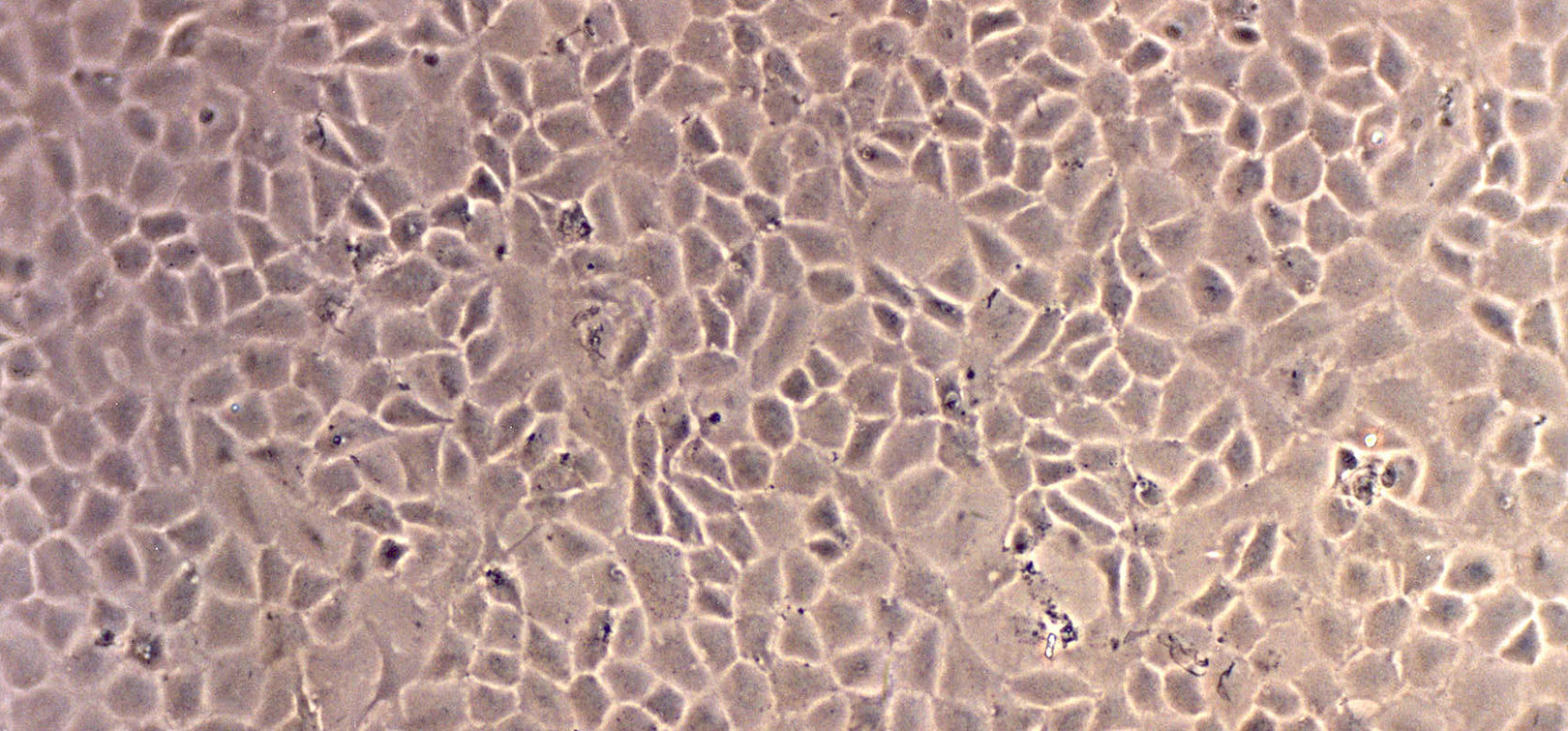
Most synthetic compounds produced by human activities (e.g. dioxins, detergents, pesticides, herbicides, antifouling paints, pharmaceutics, fertilisers, etc.) eventually end up in the AQUATIC ECOSYSTEM (e.g. estuarine and coastal waters), accumulating in significant amounts in the sediments. There is evidence that some of these compounds disturb the normal activity of endocrine systems (these compounds are referred as endocrine disrupters) in aquatic organisms and cause adverse developmental and reproductive effects. Despite severe consequences on SKELETAL AND BONE MINERALIZATION (e.g. skeletal deformities, ectopic calcifications, reduced bone mineral density), few studies have investigated the mechanisms of action of aquatic pollutants in bone and no cellular bioassays are available to evaluate their bone toxicity. Therefore, experimental data on these pollutants and monitoring tools are needed.
Within the scope of AQUATOX project, we will expand from our preliminary data and (1) characterize the effects of various aquatic pollutants on in vitro mineralization (using fish cell lines capable of mineralizing their extracellular matrix previously developed by our group), in vivo formation and mineralization of the skeleton (using fish larvae at early stages of development) and de novo bone formation (using young fish regenerating their caudal fin), then (2) identify the mechanism of action of mineralogenic pollutants through global analysis of gene expression and selective inhibition of various signal transduction pathways. Finally, and taking advantage of the large number of experimental data generated through this project, we propose to develop a dual-component bioassay (a cellular component based on fish cells capable of in vitro mineralization and a molecular component based on a set of biomarkers found to be differentially expressed in the presence of pollutants with bone toxicity) to evaluate and monitor pollution of aquatic ecosystems. We believe that ecotoxicological data/tools generated through AQUATOX project will not only be beneficial for water monitoring schemes and coastal water management but could also be profitable to aquaculture industries where farmed fish are reared using coastal water and exhibit skeletal malformations.